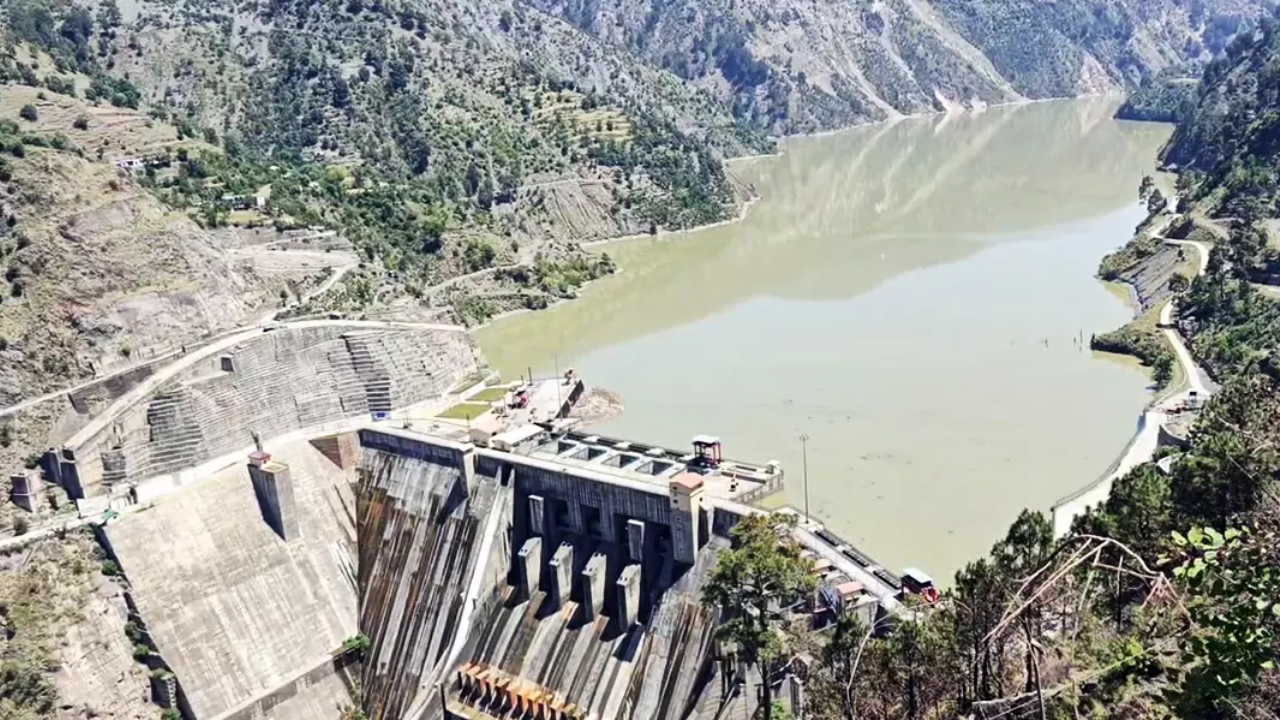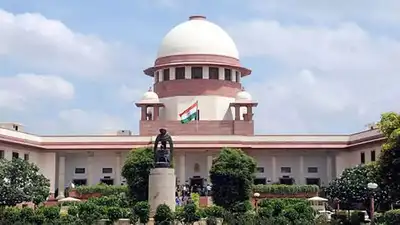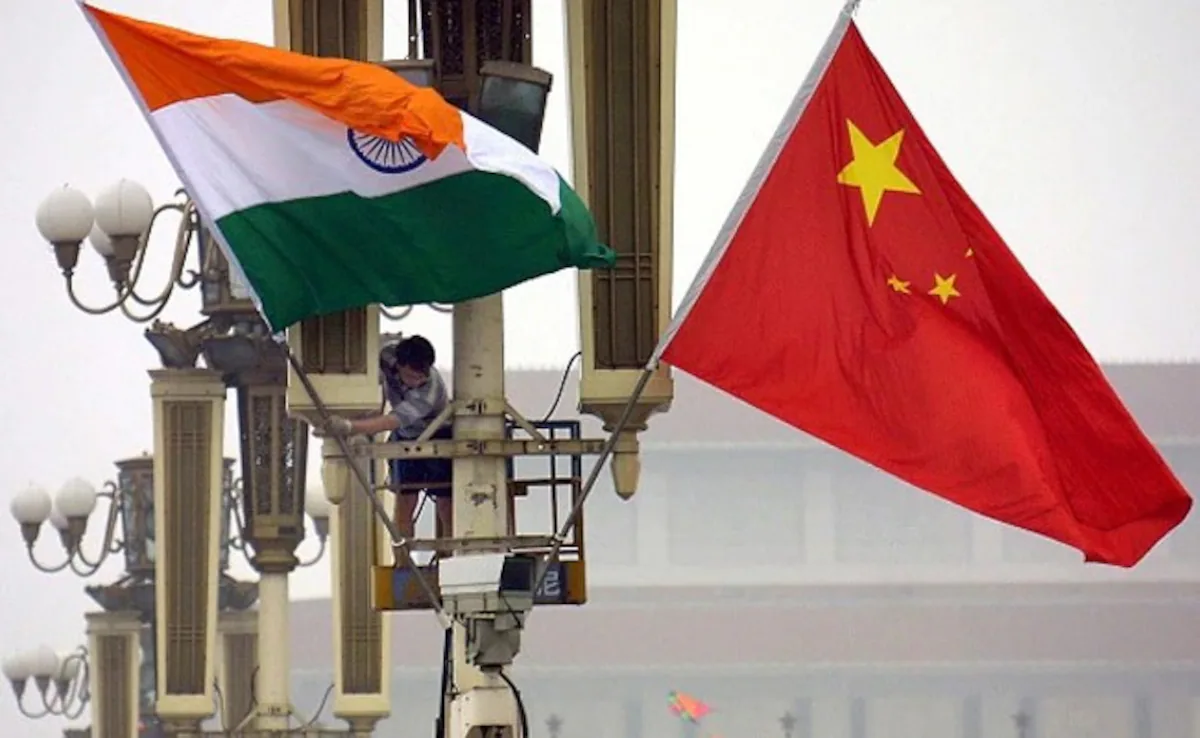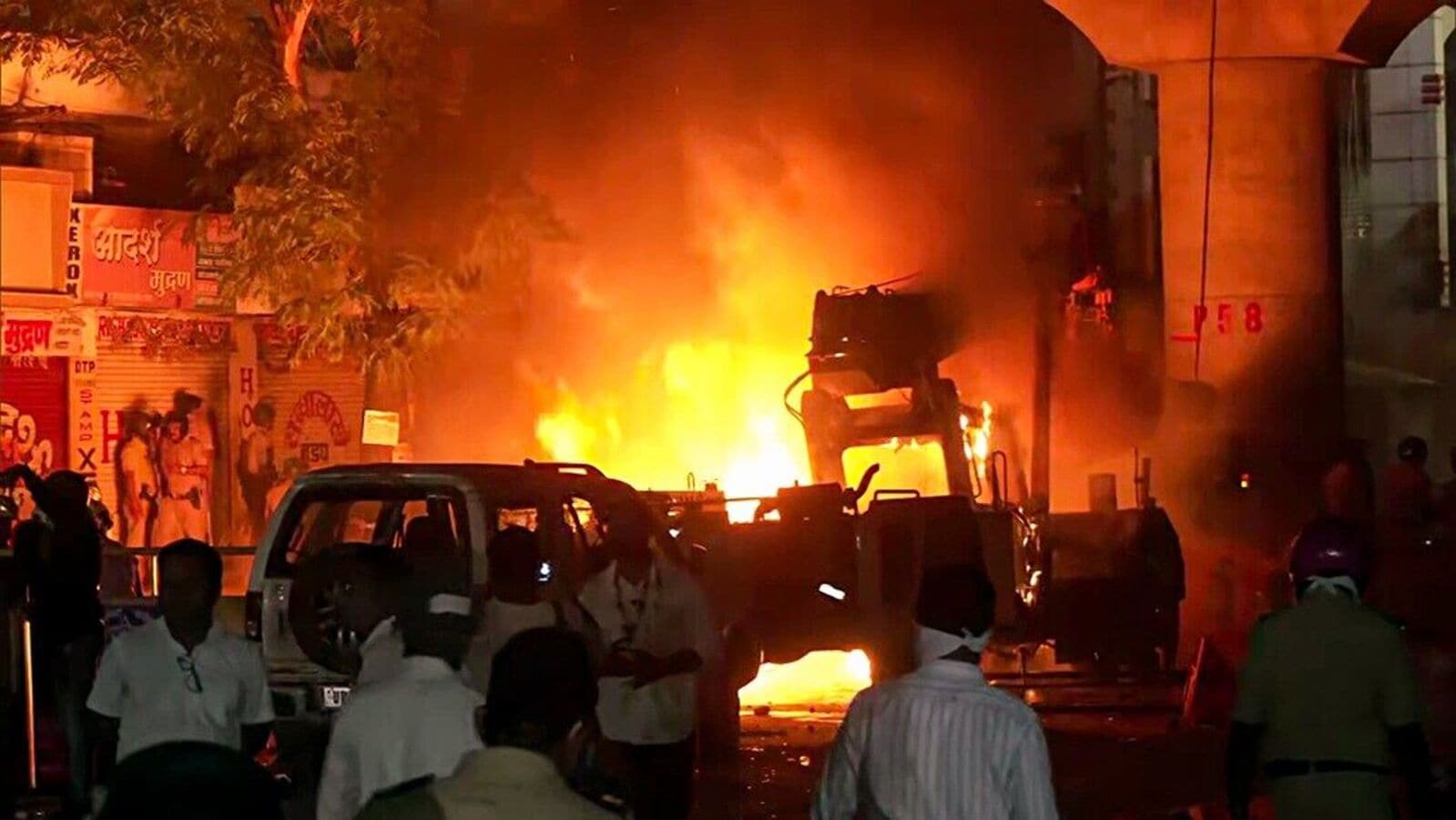NEW DELHI: India has initiated limited flushing and desilting operations at the Baglihar and Salal run-of-the-river hydroelectric projects on the Chenab River in Jammu and Kashmir, as part of immediate steps to increase water storage and regulate flow to Pakistan during the winter. Additional dams are expected to undergo similar processes in the coming days to boost domestic water retention.
This action comes in the wake of India suspending the Indus Waters Treaty (IWT) following the April 22 terror attack in Pahalgam. The government has since drawn up a comprehensive roadmap to restrict the flow of water from western rivers—Indus, Jhelum, and Chenab—to Pakistan.
Flushing involves releasing high water flow through reservoirs to clear sediment, while desilting typically uses dredging to remove heavy deposits that reduce reservoir capacity.
“With the treaty currently on hold, India is under no obligation to follow its provisions. Flushing can now be carried out on any project, which will help extend their operational life,” said Kushvinder Vohra, former chairman of the Central Water Commission. He added that smaller projects like Baglihar and Kishanganga can be completed within a couple of days.
Strategic Measures Underway
- Short-term: Desilting and flushing operations, along with re-routing water from Kishanganga (around 9 cusecs) for enhanced power generation.
- Medium-term: Accelerated completion of key hydropower projects—Pakal Dul (1,000 MW), Ratle (850 MW), Kiru (624 MW), and Kwar (540 MW).
- Long-term: Launch of four additional power projects aimed at raising Jammu & Kashmir’s hydropower capacity from 4,000 MW to over 10,000 MW. These will also significantly boost water storage for use within the Union Territory and neighboring states.
Other key initiatives include reviving the long-stalled Tulbul navigation project on the Jhelum River, improving flood management at Wullar Lake, constructing lift irrigation projects, and optimizing usage of existing infrastructure like the Ranbir and Pratap canals to divert more water to the Jammu region.
“Several more measures are being considered and will be rolled out at the appropriate time,” Vohra said.




